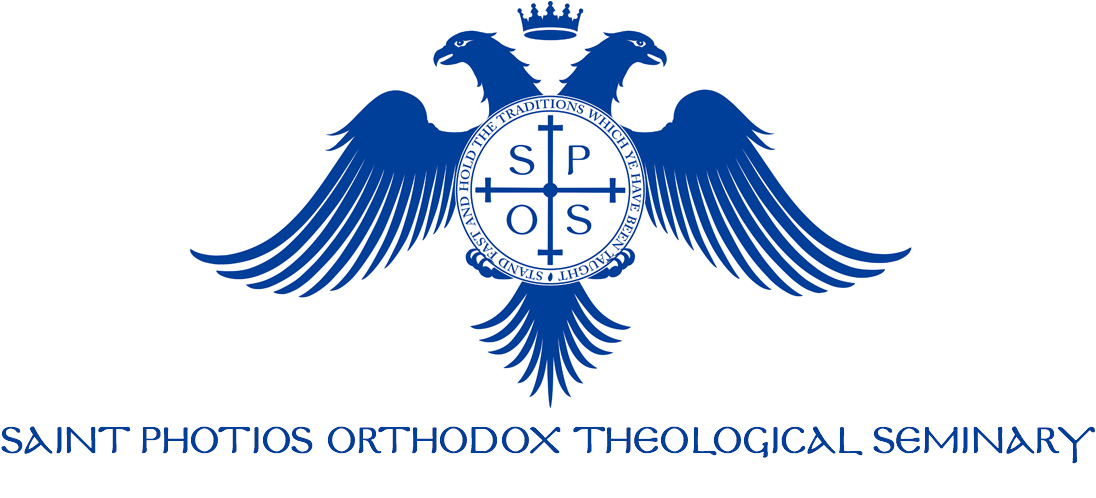Ecumenical Dialogues Intensified
- Details
- Created on Friday, 18 November 2011 00:43
At the beginning of September (n.s.) Bartholomew called together a “Synaxis of the Patriarchates and the Autocephalous Church of Cyprus" at the Phanar in order to coordinate their efforts for the First Ecumenistic Council which they plan to convene shortly. At it, they will most certainly have to deal with a conflict with the Patriarchate of Moscow concerning primacy, but also they will proclaim the heresy of Ecumenism with an alleged synodal decision of Ecumenical (or rather Ecumenistic) force. This is shown by the following excerpt from the message addressed to the faithful of their churches.
“Let us therefore intensify the inter-Christian and inter-religious dialogue for reconciliation. For years the Ecumenical Patriarchate has supported inter-religious dialogue with the other two monotheistic religions according to the decision of the Third Pre-Synodal Pan-Orthodox Conference (1986). We welcome and support this effort especially in these difficult days when violence shakes the land in which the commandment of love and the message of peace were first heard.”
What dialogue of reconciliation? Christians do not need dialogue to convince them to coexist peacefully; the Gospel is clear about this. The Muslims and Jews with whom they wish to intensify dialogue officially through their representatives have no objection to this. But the dialogue is intended to instill in the peoples’ consciousnesses the theory that “the three monotheistic religions” worship the same God. Perhaps the Ecumenists do worship the same god that the other religions worship. This is not, however, the true God which the Orthodox worship.
In this way we can explain the following dichotomy: The Patriarchs show such great love to their brother Papists and Protestants and Muslims whom they take every opportunity to embrace passionately while they simultaneously become enraged at the mere thought of the Genuine Orthodox Christians or the Esphigmenites. Then, of course, they forget everything they said about peaceful coexistence and they are ready to launch a “Holy War”. Perhaps, in the inter-religious dialogues, instead of the Christians influencing the Muslims, the opposite has taken place.
Translated from the Greek
Orthodox Awareness
A Brief History
In the early 20th century, the idea of promoting the union of Churches (Orthodox and heterodox) began to gain ground among circles in the Eastern Orthodox Church by establishing a "Communion of Churches" modeled on the League of Nations.
The Patriarchal Encyclical of 1920 foresaw a series of steps toward the “union of the Churches,” of which the first was the change of the calendar for the simultaneous celebration of feast days by all the “Churches.” The content of the encyclical was kept secret from the faithful and only after a few years became known. Read more...
Missions
Saint John of Kronstadt - Bunnell, Florida
St. John of Kronstadt Orthodox Church began as a mission parish in the year 2000, in a home chapel in Palm Coast, FL – a small town on Florida’s northeast coast located between St. Augustine and Daytona Beach. After two years, it became necessary to have services in area community centers, rented for Sundays and other Holy Days. Read more...
Youth
2025 Youth Conference
Please join us for the 2025 youth conference in Toronto, Ontario, Canada! To learn more, visit the conference website.
Ask A Priest
Civil Annulment's Effect on Church Marriage?
Q. This concerns a U.S. marriage. If the marriage is civilly annulled, what is the effect upon the Church marriage? Is it also annulled? Read more...





